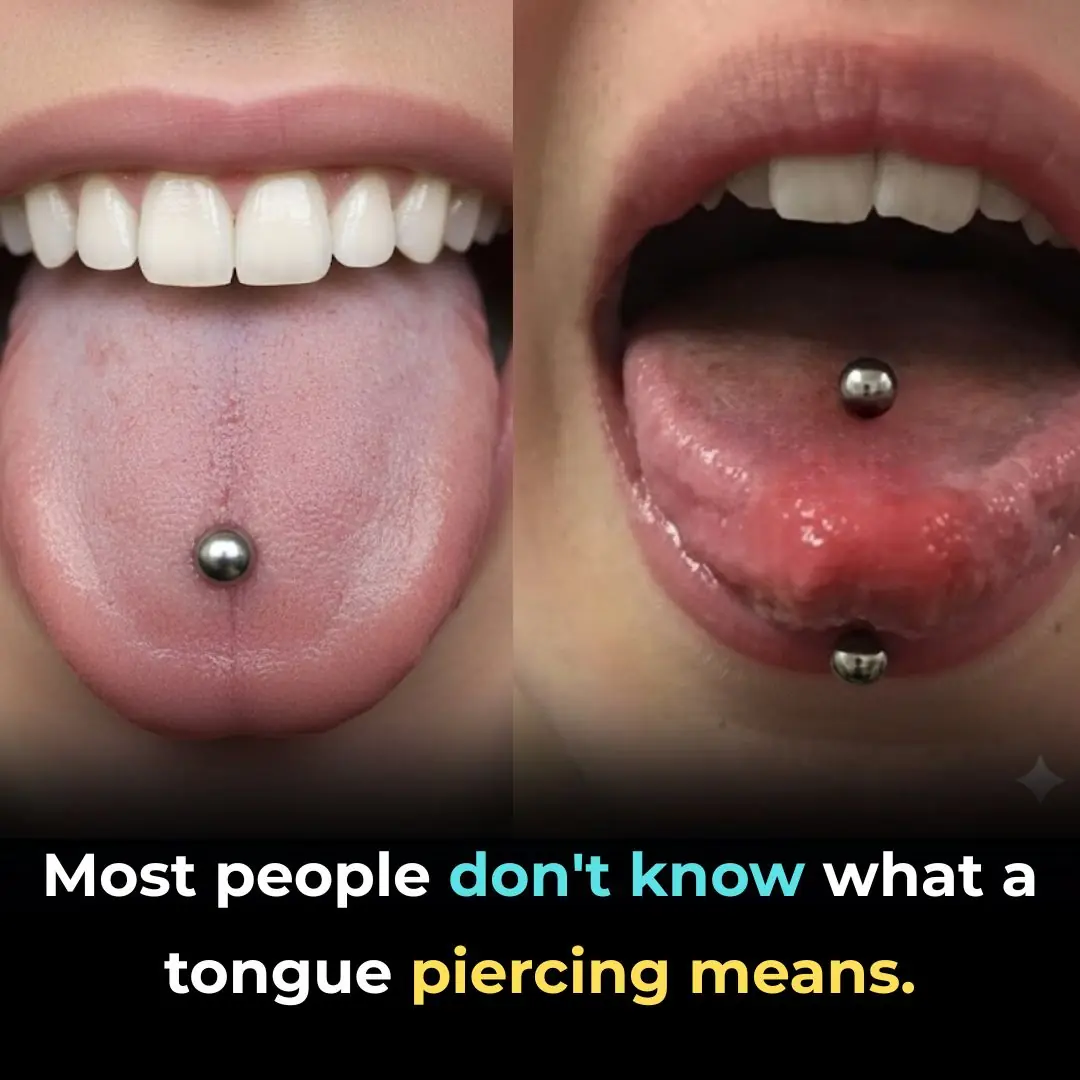
4 things you shouldn't keep

When a family member passes away, going through their belongings can be one of the hardest parts of saying goodbye. Beyond the emotional weight, there are also health and safety concerns to keep in mind. Some items, though they may seem harmless, can pose real risks if kept in the home.
Here are four categories of items you should never keep after a loved one’s passing, and what to do with them safely and respectfully.
1) Unused Prescription Medicines and Controlled Substances
Why not keep them:
Keeping leftover medications can create serious health, legal, and safety problems. Prescription drugs—especially controlled substances like opioids, sedatives, or stimulants—can be dangerous if accidentally ingested by children, pets, or other household members.
There’s also the risk of misuse or theft. Even expired medications can be diverted or abused. In some regions, simply possessing medications that were prescribed to someone else can bring legal consequences.
What to do instead:
Safely dispose of these items through a pharmacy take-back program or a community medication disposal site. Many local health authorities and pharmacies now offer drop boxes or mail-in options.
If no take-back service is available, mix the pills or capsules with something unpleasant—like used coffee grounds or cat litter—seal them in a bag, and place them in the household trash. Be sure to check local disposal rules first, as some areas have specific environmental regulations.
2) Soiled Clothing, Dressings, or Linens Contaminated with Bodily Fluids
Why not keep them:
Items contaminated with blood, wound drainage, vomit, or urine can carry bacteria, viruses, or fungi. Over time, they may develop strong odors, attract insects, or even release mold spores into the air. Handling these materials without gloves or proper protection increases the risk of infection.
What to do instead:
Always wear gloves when handling potentially contaminated fabrics. Place them in sealed plastic bags for removal. Lightly soiled items can usually be laundered separately in hot water with detergent and bleach (if fabric-safe).
If the items are heavily saturated and cannot be properly cleaned, they should be disposed of as medical waste. Many municipalities or hospitals have biohazard disposal services, or you can check with your local health department for guidance.
3) Sharp Medical Supplies and Single-Use Devices (Needles, Syringes, Lancets, Catheter Parts)
Why not keep them:
Used sharps are one of the most dangerous household medical remnants. Even a single needlestick injury can transmit serious bloodborne infections such as hepatitis or HIV. These items are also regulated as medical waste and must be disposed of in specific ways.
What to do instead:
Place all used or unused sharps into a hard, puncture-proof container, ideally an approved red sharps box available at most pharmacies. When full, return it to a pharmacy or community disposal program. Never throw loose needles or syringes into the trash or recycling bin—they can injure sanitation workers or anyone handling waste later.
If an official sharps container isn’t available, a thick plastic bottle (like a detergent bottle with a screw cap) can be used temporarily until you can dispose of it properly.
4) Perishable Food, Open Beverages, or Expired Cosmetics
Why not keep them:
Food left in a deceased person’s refrigerator or cupboards spoils quickly. Even if it looks fine, bacteria and mold can multiply unseen, creating health hazards and bad odors.
Likewise, opened beauty products such as creams, makeup, or lotions can harbor bacteria. Using them later can lead to skin irritation or infection.
What to do instead:
Go through the kitchen and discard all perishable foods that are past their use-by date or have been unrefrigerated. Clean the refrigerator and pantry thoroughly to remove residue or odors.
As for cosmetics, discard anything that has been opened for a long time. Unopened and sealed products may be donated to shelters or care centers if still within their shelf life and hygienically stored.
Additional Practical and Emotional Guidance
While clearing a loved one’s space, it’s important to balance emotional connection with health and safety. Keeping everything may feel comforting at first, but it can make healing harder over time.
-
Preserve only meaningful, clean mementos. A photograph, a letter, or a favorite piece of jewelry often holds more genuine comfort than keeping boxes of unused belongings.
-
Safeguard essential documents such as IDs, wills, insurance papers, and property titles. These are part of the estate process and must be kept in a secure place.
-
Seek professional help if needed. Hospice organizations, home health agencies, and public health departments can guide you on proper disposal of medical materials. Pharmacies and community waste programs are also valuable resources.
-
Take your time emotionally. Grief can cloud decision-making. If sorting through items feels too painful, it’s okay to store them temporarily in labeled, sealed containers until you’re ready—or until you have the support of a trusted friend or professional.
Final Thought
Dealing with a loved one’s belongings is a deeply personal process. By removing hazardous or unsanitary items first, you make space—both physically and emotionally—for what truly matters: preserving their memory in a way that honors their life safely and lovingly.
News in the same category


Scientists Create Revolutionary “Superwood” Stronger Than Steel and Completely Fireproof

The Wondiwoi Tree Kangaroo Returns After Nearly a Century of Silence

Why do many men love married women more than single women?

5+ Things That Men Actually Notice About Women

This Is the Most Attractive Hobby a Man Can Have, According to Women

Pick The Underwear You Would Wear To Reveal What Kind Of Woman You Are
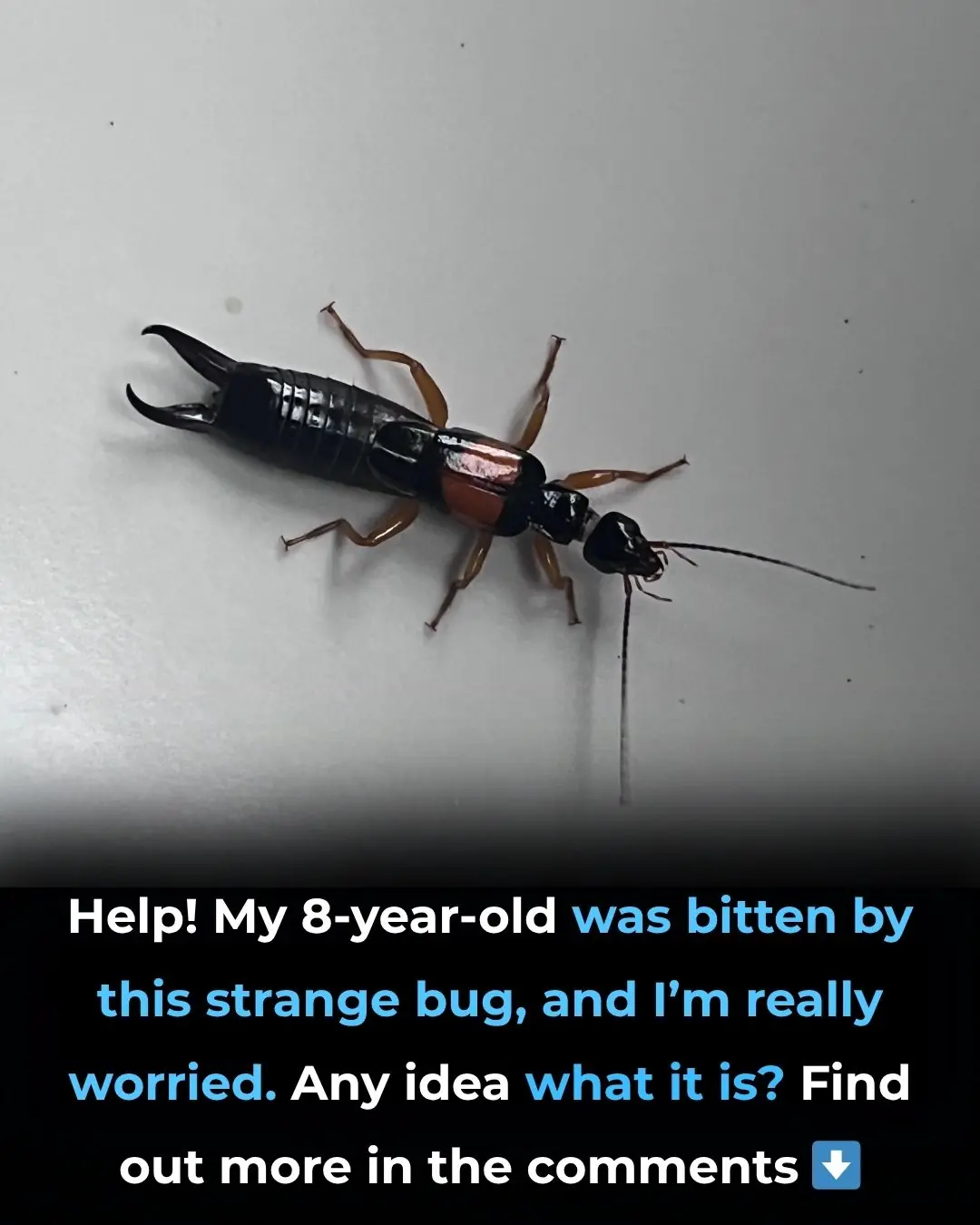
What to Do If Your Child Is Bitten by a Strange Bug

If you're caught Googling these four words Police may show up at your house

Fascinating animation reveals exactly how gas pumps know when to stop pouring gas

Elon Musk's Starlink satellites could be falling out of the sky

Expert issues chilling warning on Elon Musk's robots as billionaire plans to put them on Mars

Jeff Bezos sent a secret tourist into space and their identity is set to be revealed

Super typhoon set to send shockwaves through the US is just days away

Moon Meets Mars: A Dazzling Celestial Encounter on October 11, 2025
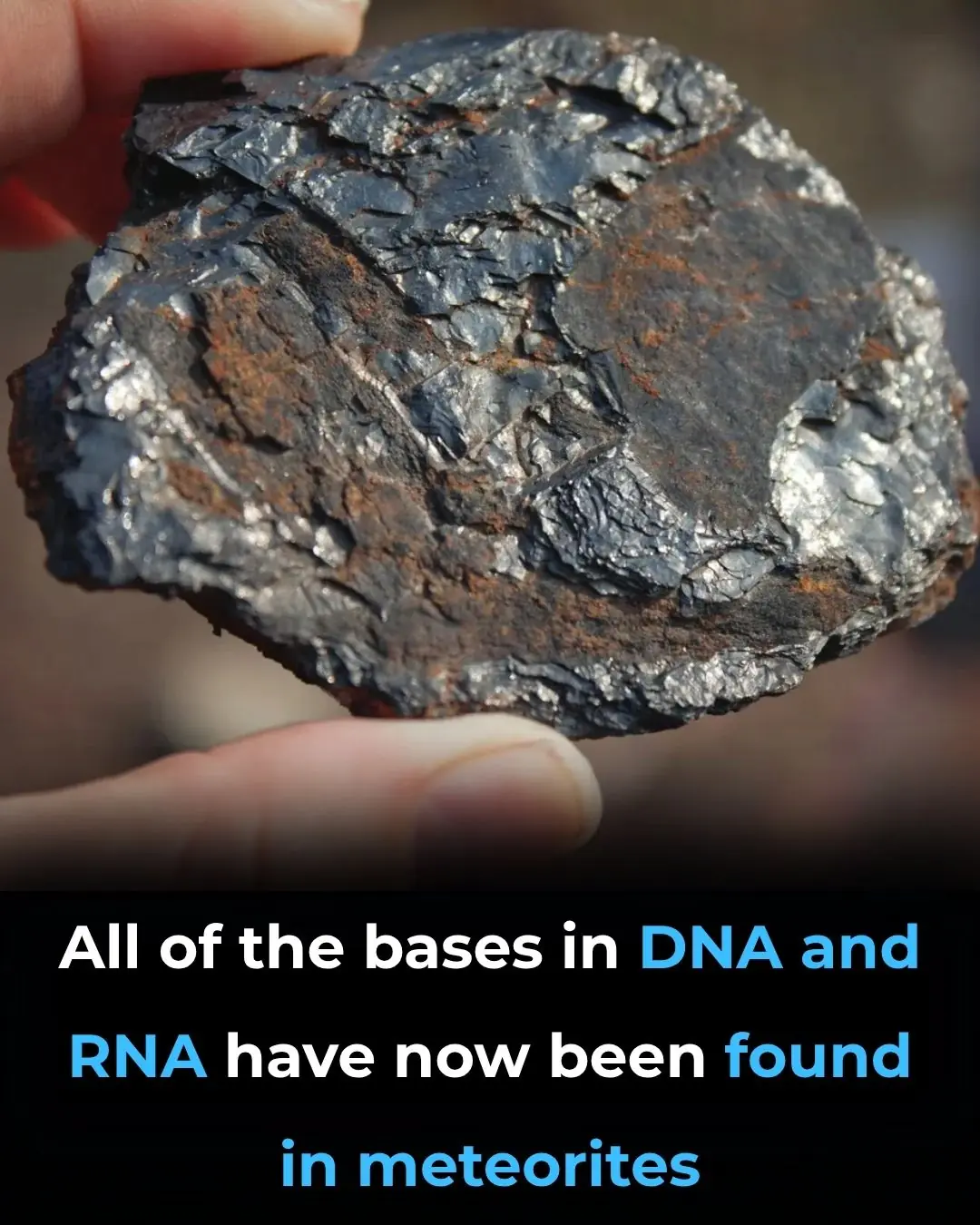
All DNA and RNA Bases Found in Meteorites: Life’s Origins May Be Cosmic

Did You Know? A Spider in Your Home Could Be a Powerful Sign
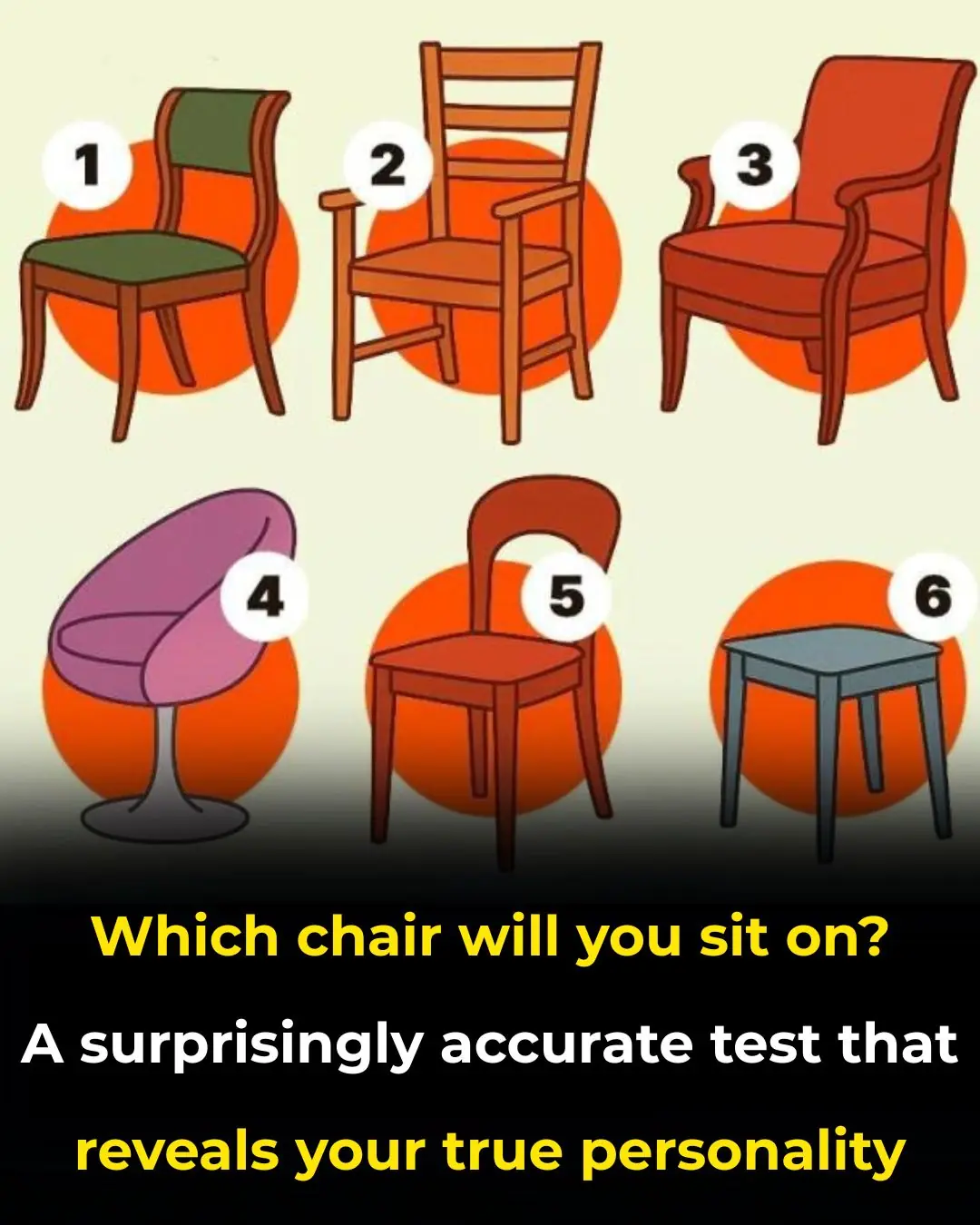
Which Chair Would You Choose

Why some men cheat but choose to stay in their marriage — the truth few understand
News Post

Garlic, tomatoes and cucumbers will grow rapidly. The most powerful fertilizer.
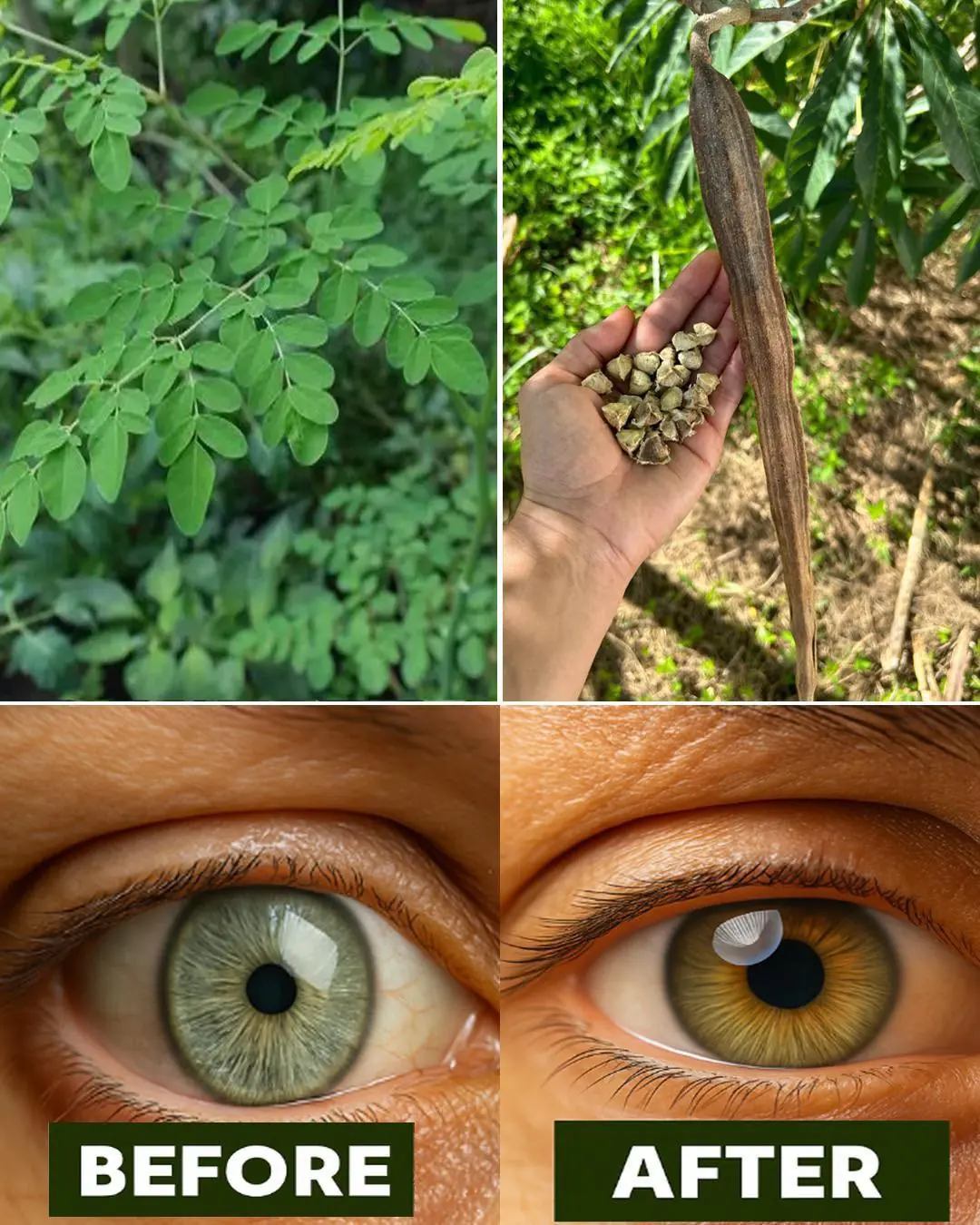
12 Powerful Benefits of Moringa Seeds
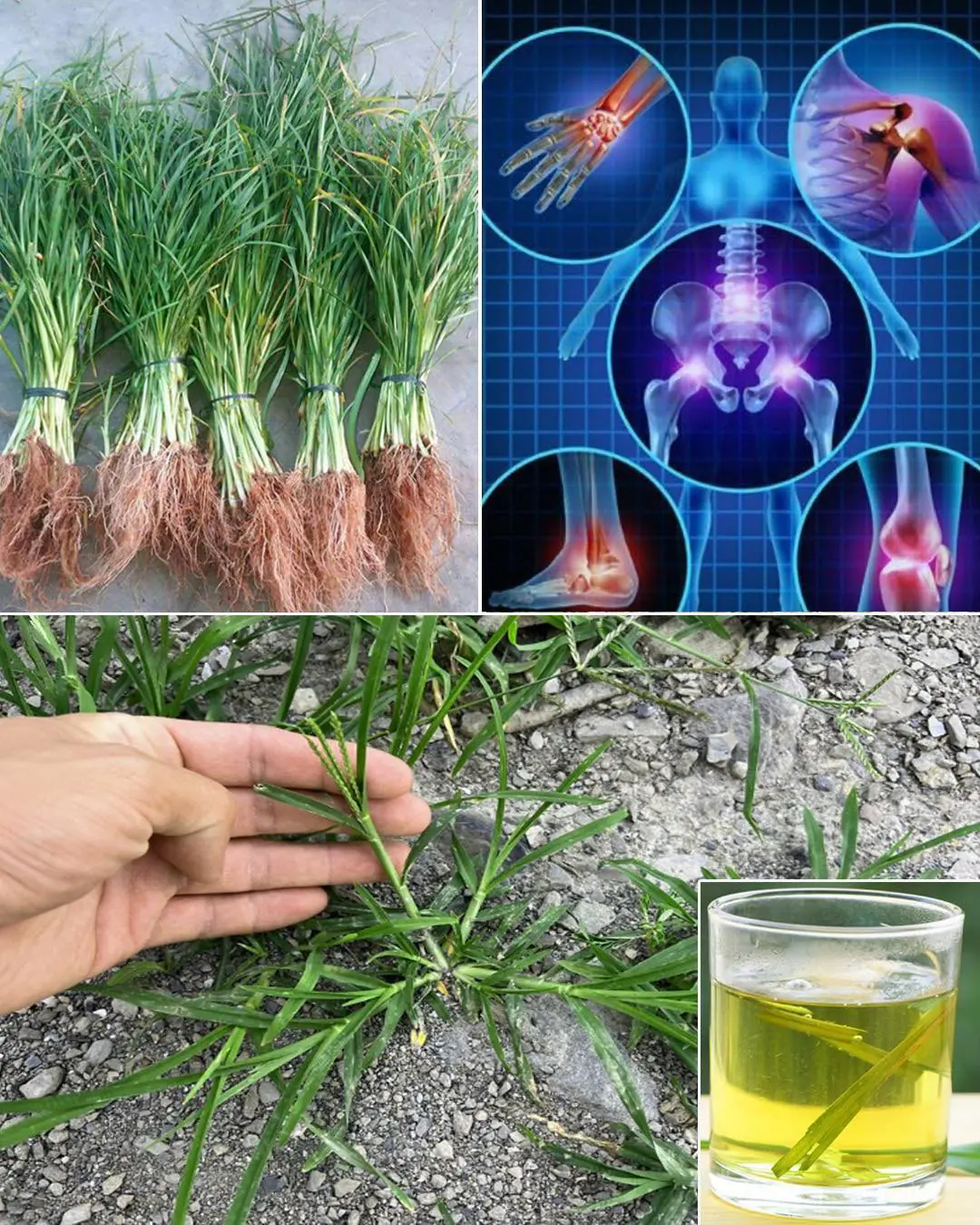
25 Incredible Health Benefits of Goosegrass

Pineappleweed (Matricaria discoidea) – Nature’s Calming Herb with Surprising Benefits

Grow potatoes in containers at home with just one potato
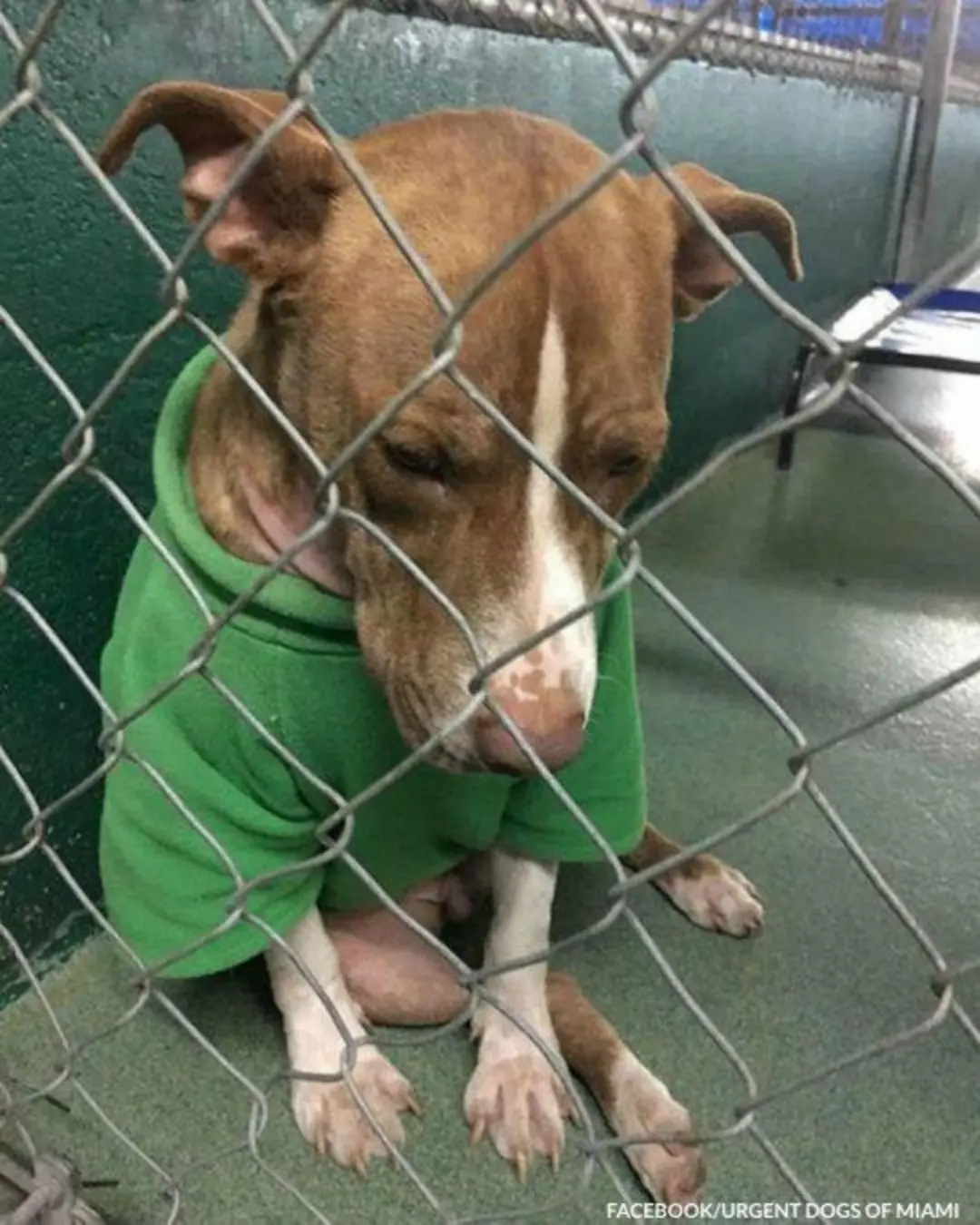
A Heartwarming Story of Hope: Surrendered Dog in Christmas Sweater Awaits a Loving Home
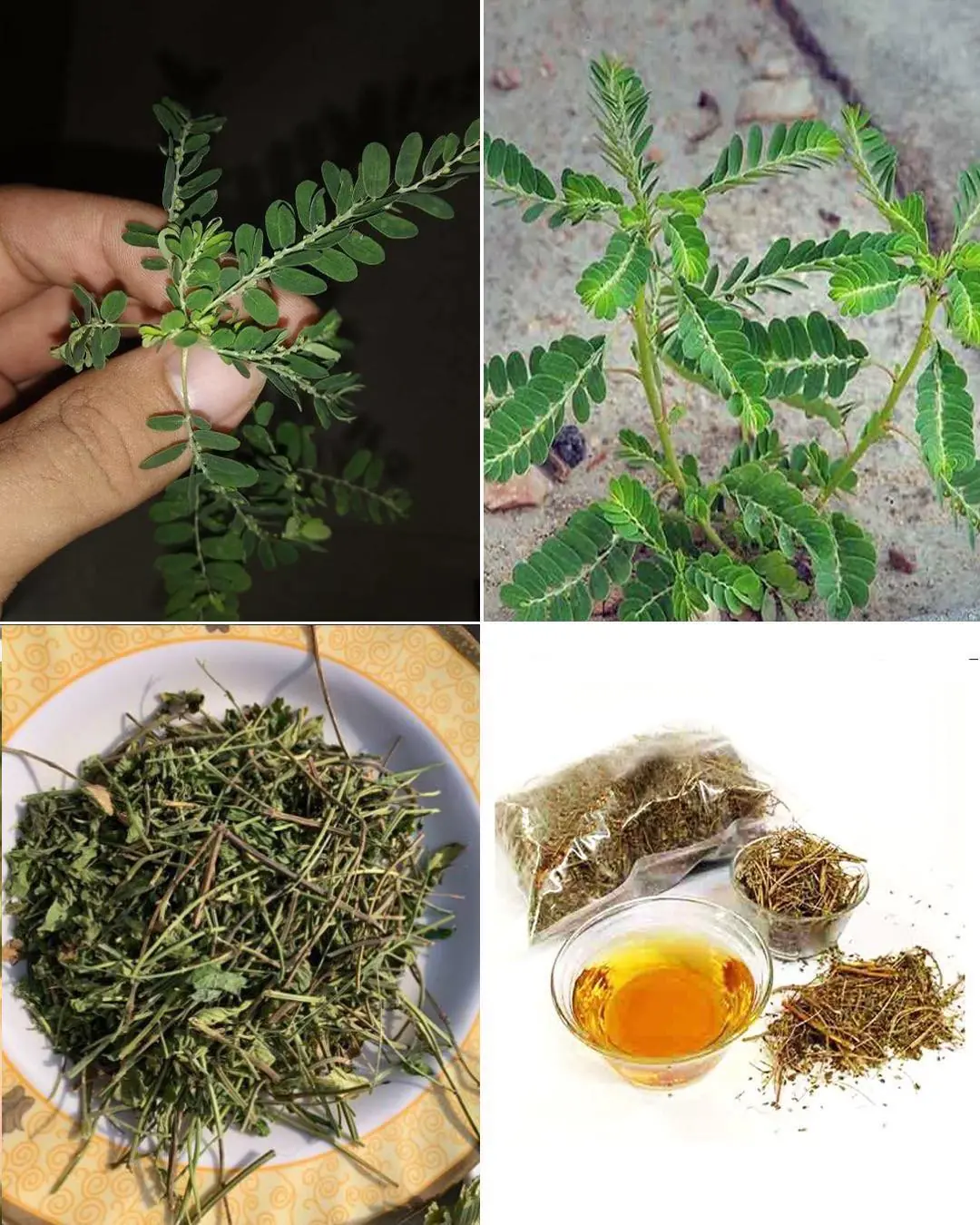
The Power of Chanca Piedra: 10 Benefits and Uses

Wood Sorrel Benefits and Uses

Forever Our Indy: A Tribute to a True Best Friend

The four medicinal leaves: Avocado leaves, mango leaves, bay leaves, and guava leaves

People Spotted a Dog Collapsed on a Sidewalk — Then Realized She Was Still Alive
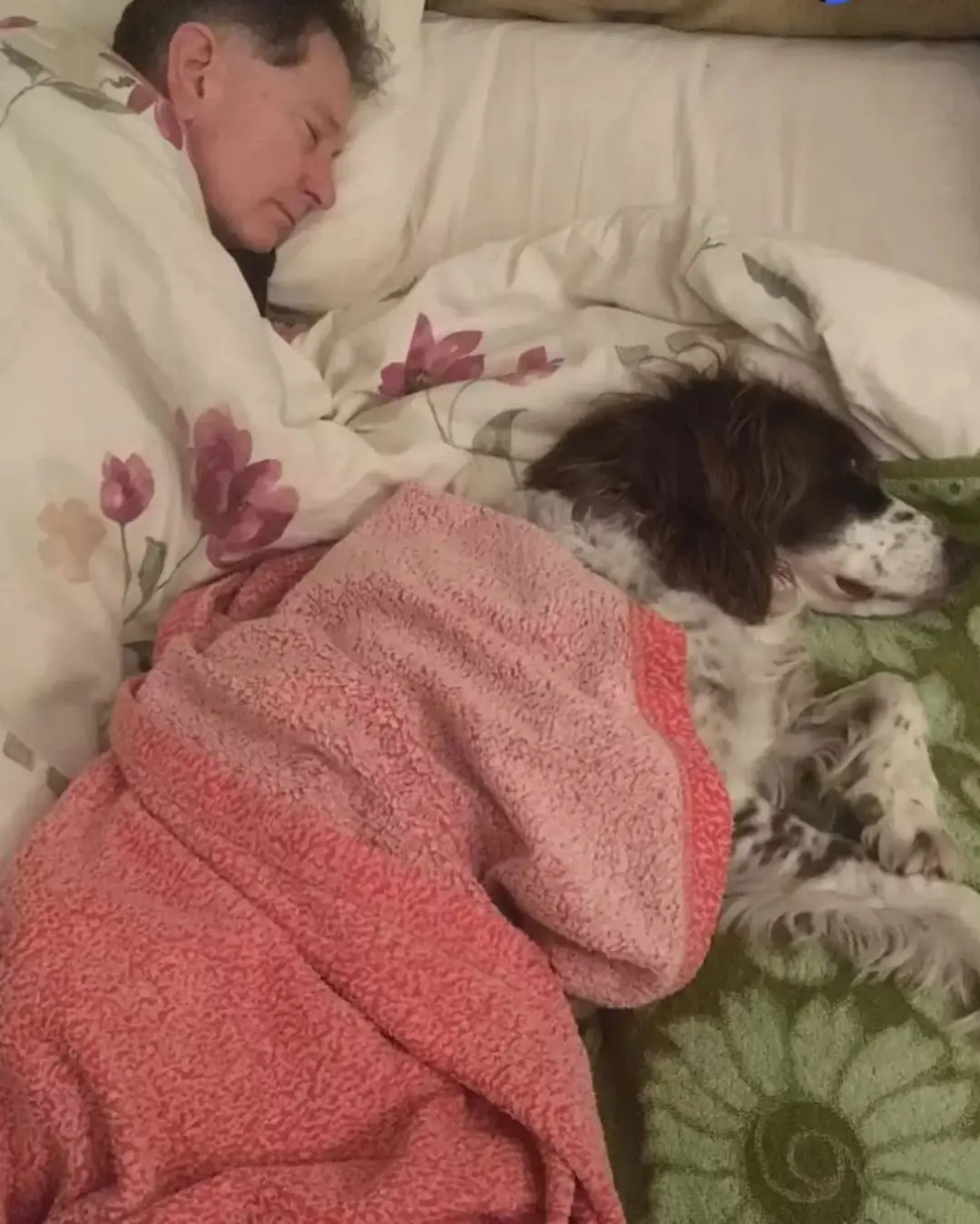
This Senior Dog Can’t Climb the Stairs Anymore — So Dad Sleeps on the Sofa with Him Every Night

A Final Goodbye: Mario’s Last Moment with the Giraffes He Loved
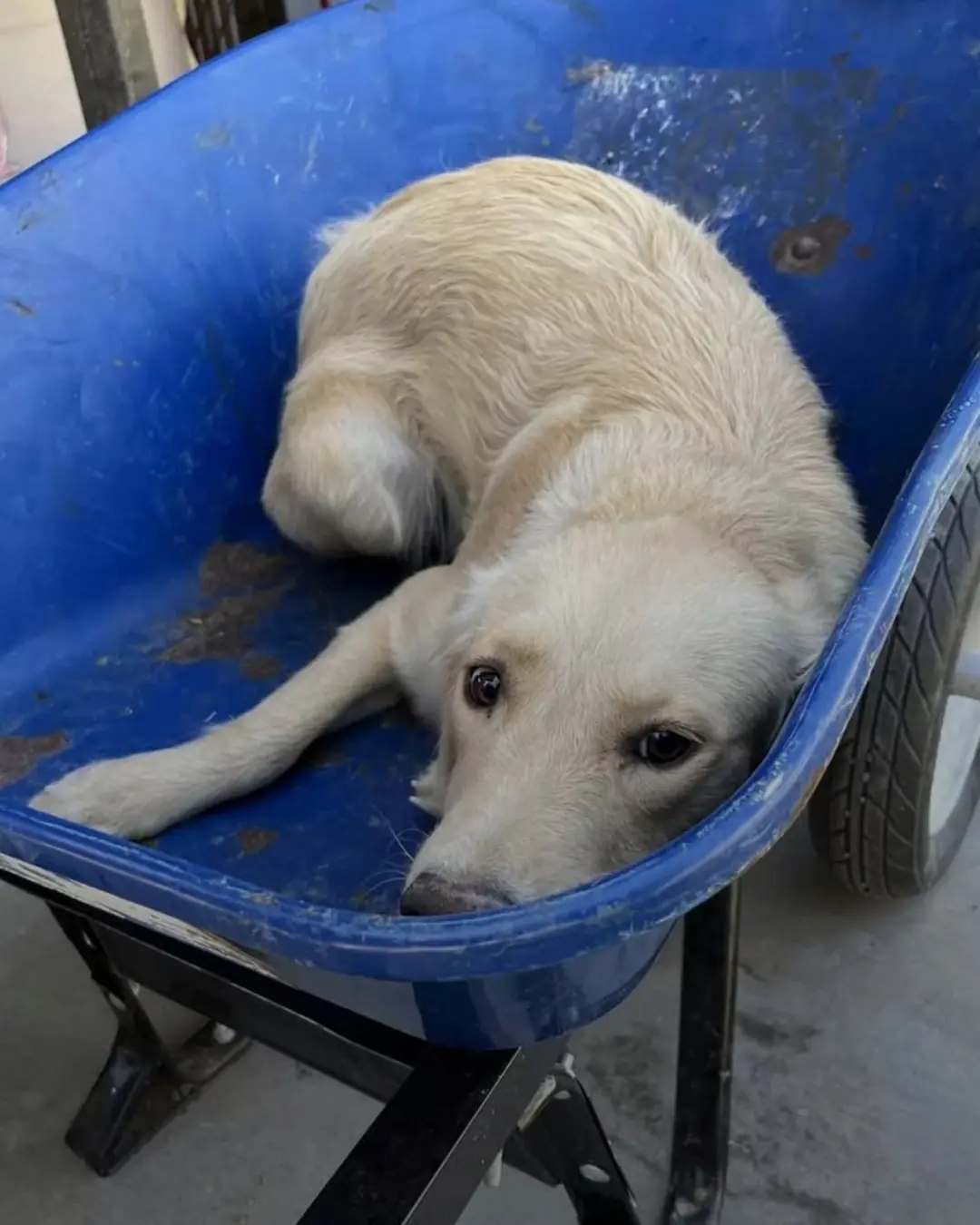
Shy Golden Retriever Saved From Euthanasia at the Last Moment
The Dog Who Beat Cancer: A Reunion That Moved the World.

The Lion Who Lost His Mane, and the Tiger Who Won His Heart.
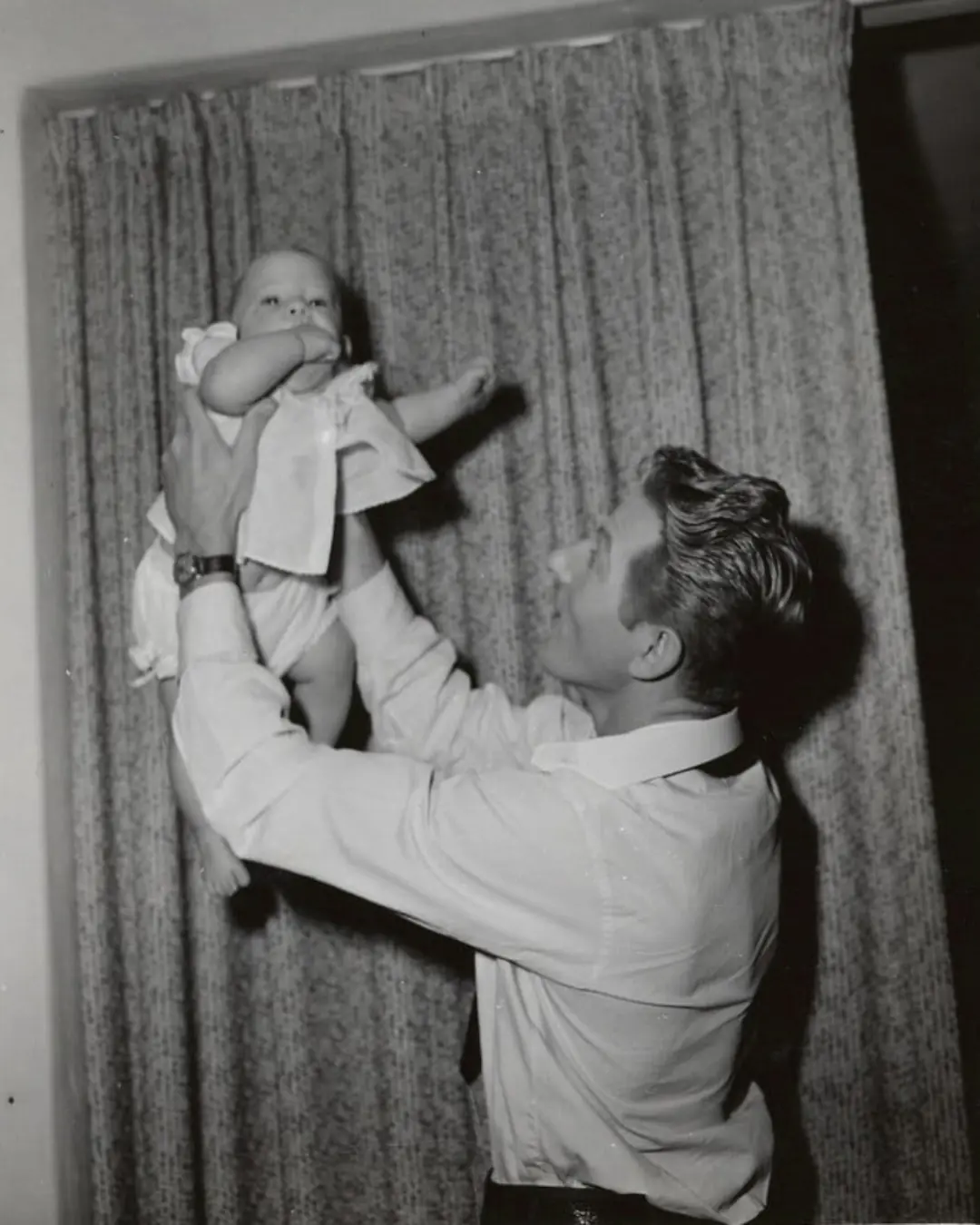
Her Heart Belongs to Daddy: A Daughter’s Memory of Danny Kaye.

A Father Chosen by Love
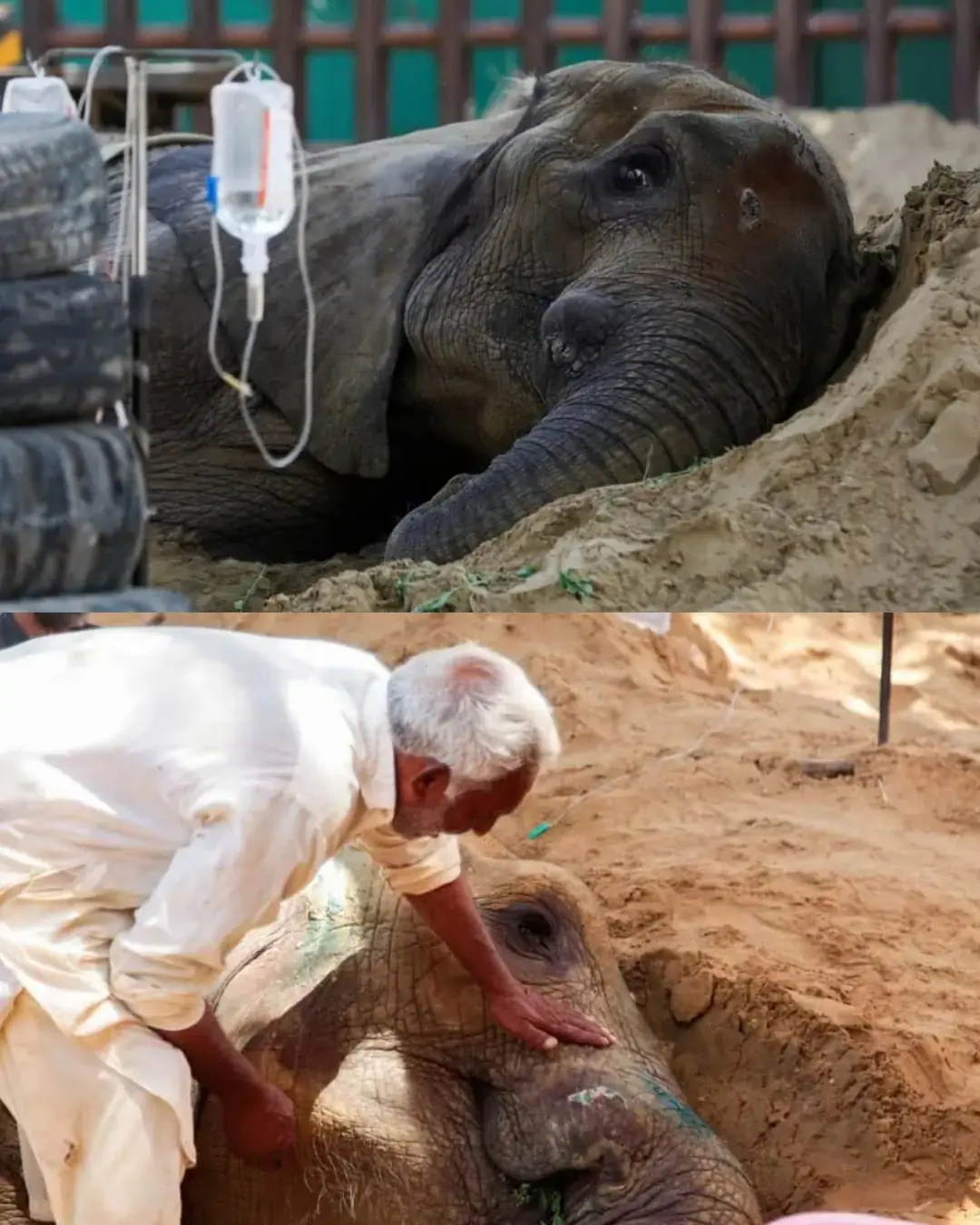
Goodbye, Noor Jehan: The Elephant Who Made a Nation Weep.
